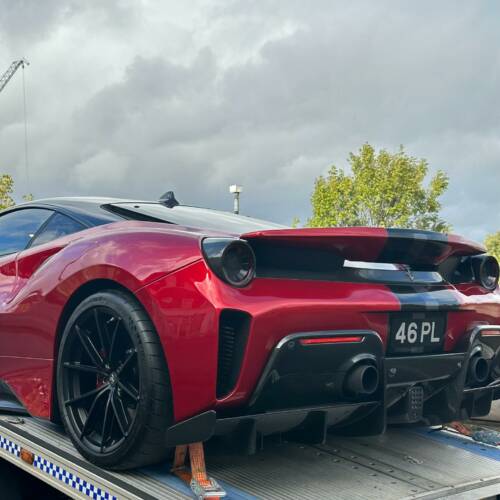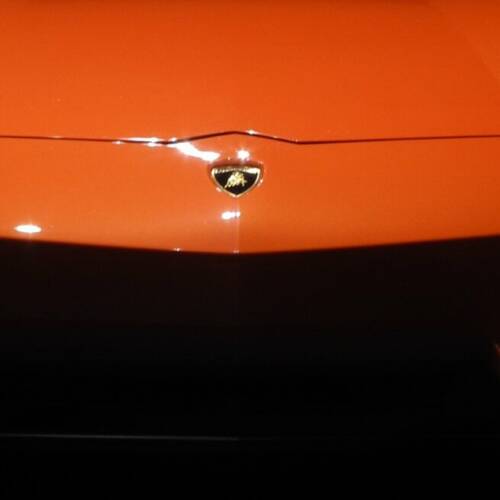
When we are looking for a vehicle of our dreams and see it listed for a reasonable price on a well-known platform, then in excitement, we almost forget about its registration number plate, whether it follows the UK laws or not?
Therefore, the UK government advises motorists to familiarize themselves with the number plate laws to avoid any trouble while on the road. There are a surprising number of rules and restrictions on license plates in the UK which if ignored, increases the risk of getting caught and lead to face a hefty fine which could cost up to £1,000.
Legality of number plate in UK
The regular number plates are usually issued by DVLA approved dealers so they hardly attract the attention of the authorities. However, issues arise when it comes to the private cherished number plates because they are mostly misused by the owners.
Factors that tell if your number plate is legal.
1) If your vehicle is registered in the UK, then it should have a British standard mark to be road legal. A British standard number appears like this “BS AU 145d”. Other than that, every UK number plate should also have its manufacturer or dealership name on it.
2) Motorists are also allowed to have country badges and flags on the left side of their number plate. In the UK, Drivers can have 4 different flags depending on the car’s origin. These flags include the Union Jack, Cross of St George, the Cross of St Andrew, or the Welsh Red Dragon. If you want to travel in Europe and your number plate doesn’t have a flag then you must put a GB sticker on your rear plate as a national identifier to make it legal.
3) The background for the front number plate should be plain white with black characters on it. Whereas, for the rear plate, it should be plain yellow with black characters on it. Also, the material of the number plate should be reflective.
4) The characters on the number plate should have a standard font with even spacing and sizes. However, the fonts can be personalized on 3D registration plates.
5) Number plates must be visible all the time, even if there is dirt making it invisible can put you in trouble. So, make sure to keep your plates clean and visible so that they are easily readable from a distance. Try to replace your old, rusty and damaged number plates as soon as possible to avoid consequences.
6) Before choosing a number plate for your vehicle, make sure that its supplier is an authorized dealer and approved by DVLA. The registered dealers are required to keep the record of every legal plate sold to be later used by police and DVLA while going through certain processes. These records can save you from falling into hot water.
7) Each standard issued number plate follows a regular formation which includes two letters, that indicate the origin of vehicle registration. Then the two numbers that identify the age of the vehicle and then three random letters which are chosen on personal preference. Regular plates should have this formation to be road legal.
8) The private registration plates do not follow this formation. however, they are obliged to follow all of the above rules. This doesn’t mean that you can get any number or letter that you may think of. The DVLA bans many number plates on the basis of their offensive visual point of view. So private registration does not guarantee that you will get your dream number. Therefore, you should be aware and consult with specialized and authorized number plates dealer to help you choose a number plate for your vehicle.
Reglocker can help you in this regard and will do all the groundwork for you.
The DVLA has extremely strict regulations for number plates. Even a minor mistake can lead to serious consequences and you could end up paying a fine of up to £1000 and your car may fail its MOT as well.



